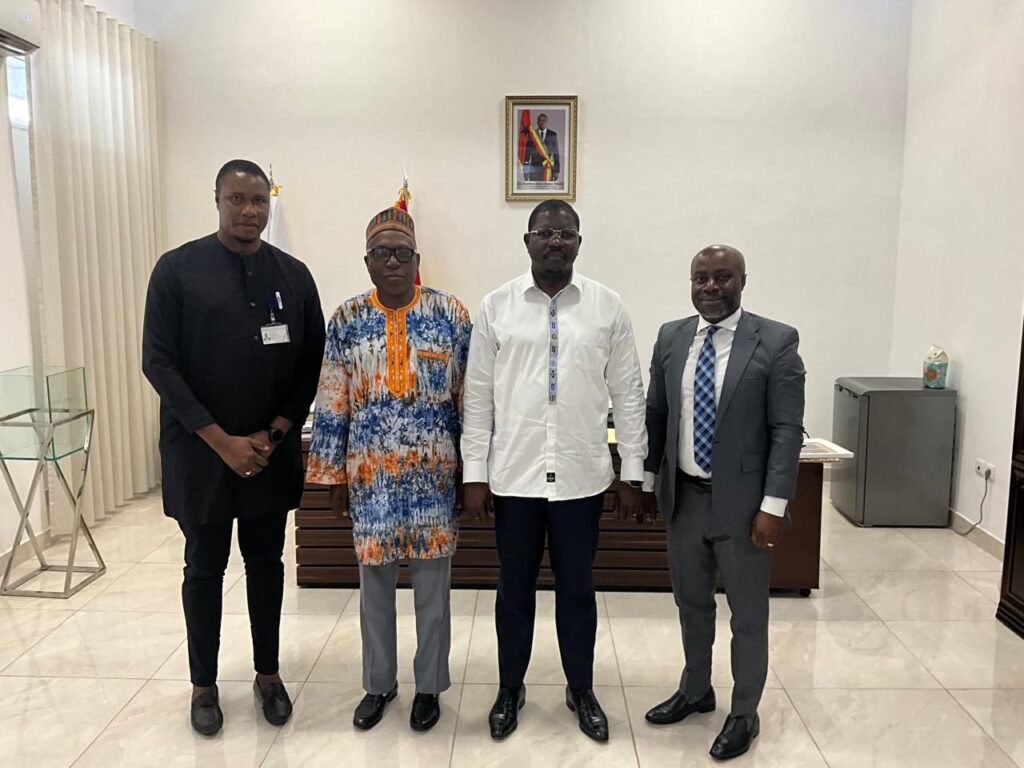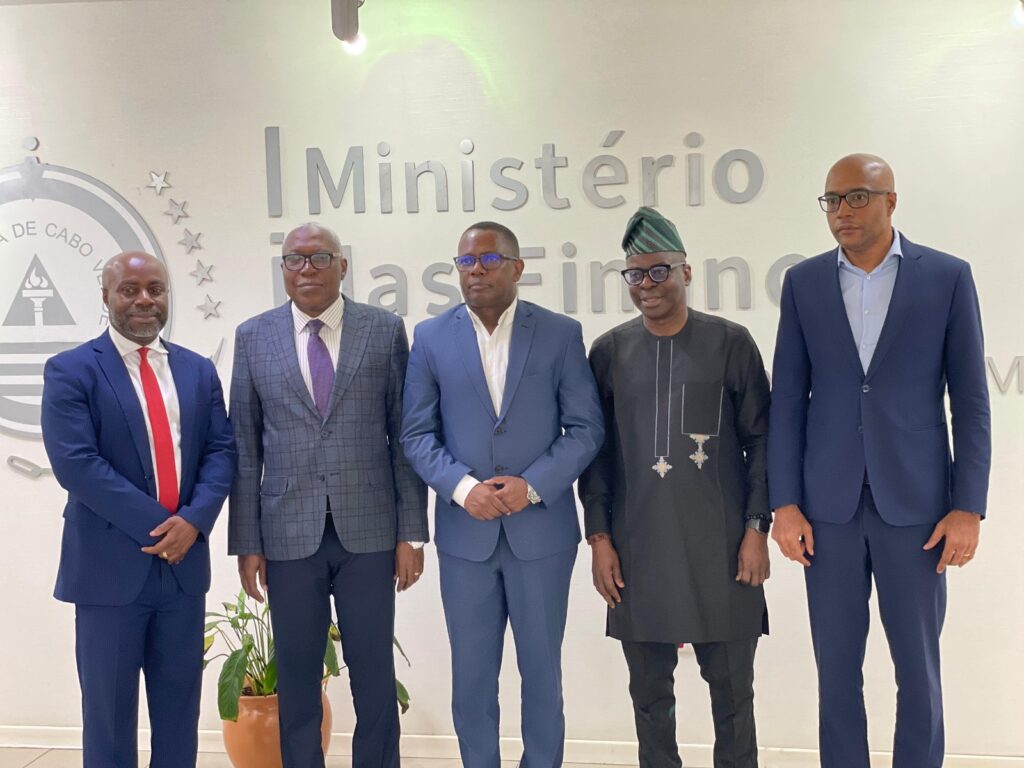Tax Policy Domestication; ECOWAS Steps Up Efforts, As Cabo Verde and Guinea-Bissau Chart Bold Course for Fiscal Reform.
By Raymond Enoch.
In a decisive stride toward regional economic integration, the Economic Community of West African States (ECOWAS) has thrown its weight behind Cabo Verde and Guinea-Bissau, bolstering their efforts to domesticate and implement key Community fiscal directives. The high-level missions, which ran from August 16 to 23, mark a significant push to harmonise tax policies across the sub-region.

Led by senior officials from the ECOWAS Commission’s Directorate of Customs Union and Taxation, the consultative visits engaged top government stakeholders — including Finance Ministers and national tax authorities — in rigorous dialogue aimed at assessing alignment with eight critical ECOWAS directives and two supplementary acts.
At the heart of these engagements were complex but pivotal areas such as Value Added Tax (VAT), Excise Duties, Transfer Pricing, Double Taxation Agreements, and the increasingly urgent matter of Beneficial Ownership transparency. The Commission’s message was clear: regional fiscal coherence is not optional — it is essential for economic resilience and sustainable development.

Guinea-Bissau showcased tangible progress. The country has not only begun implementing a national VAT system but has also taken a bold step with the launch of its inaugural Tax Expenditure Report — a key instrument for fiscal transparency. These developments signal a renewed commitment to public financial management, despite the well-known structural hurdles the country continues to face.
In Cabo Verde, the mission encountered a government deeply invested in fiscal reform. Strong political commitment was evident, with authorities signalling readiness to align national tax policies with regional standards. Though challenges such as limited technical capacity and financial constraints persist, the island nation’s proactive stance was praised by ECOWAS officials as a model for constructive engagement.
While both countries are making measurable progress, the missions did not shy away from addressing the structural bottlenecks undermining effective implementation. Political instability, insufficient resources, and technical gaps were flagged as critical risks. Nevertheless, the visits concluded on a high note, with stakeholders in both countries signing on to an Aide Mémoire — a joint roadmap that outlines the next steps in the reform journey.
ECOWAS reaffirmed its unwavering support for member states, emphasizing the broader vision: a harmonised, transparent, and resilient tax system that not only strengthens public finances but also accelerates regional integration.
“In today’s global economy, no country can afford to operate in fiscal isolation,” an ECOWAS delegate stated during the final session in Bissau. “What we’re building is not just a tax system — it’s a foundation for shared prosperity.”
As Cabo Verde and Guinea-Bissau press forward with their reforms, backed by ECOWAS’ technical and political support, the West African tax landscape may soon undergo a transformation with far-reaching implications for governance, trade, and development.








